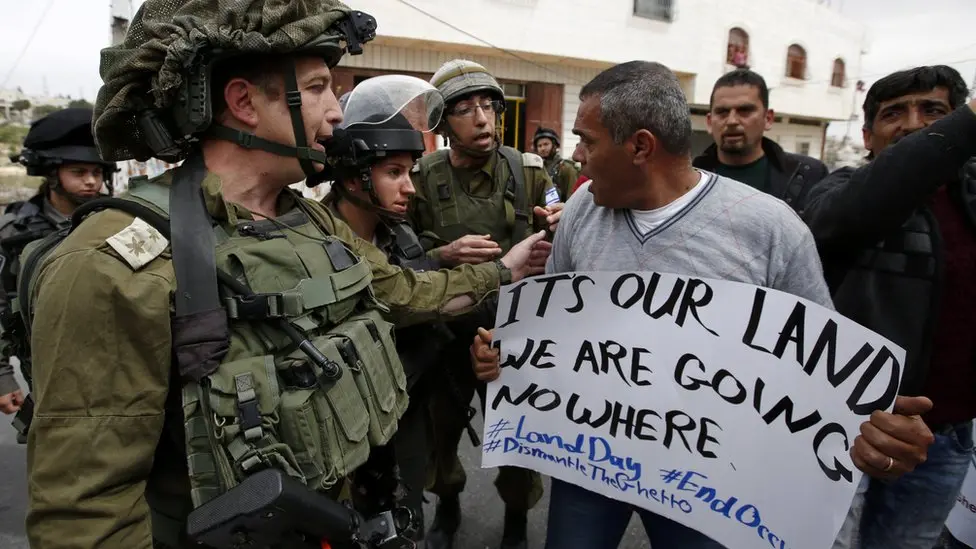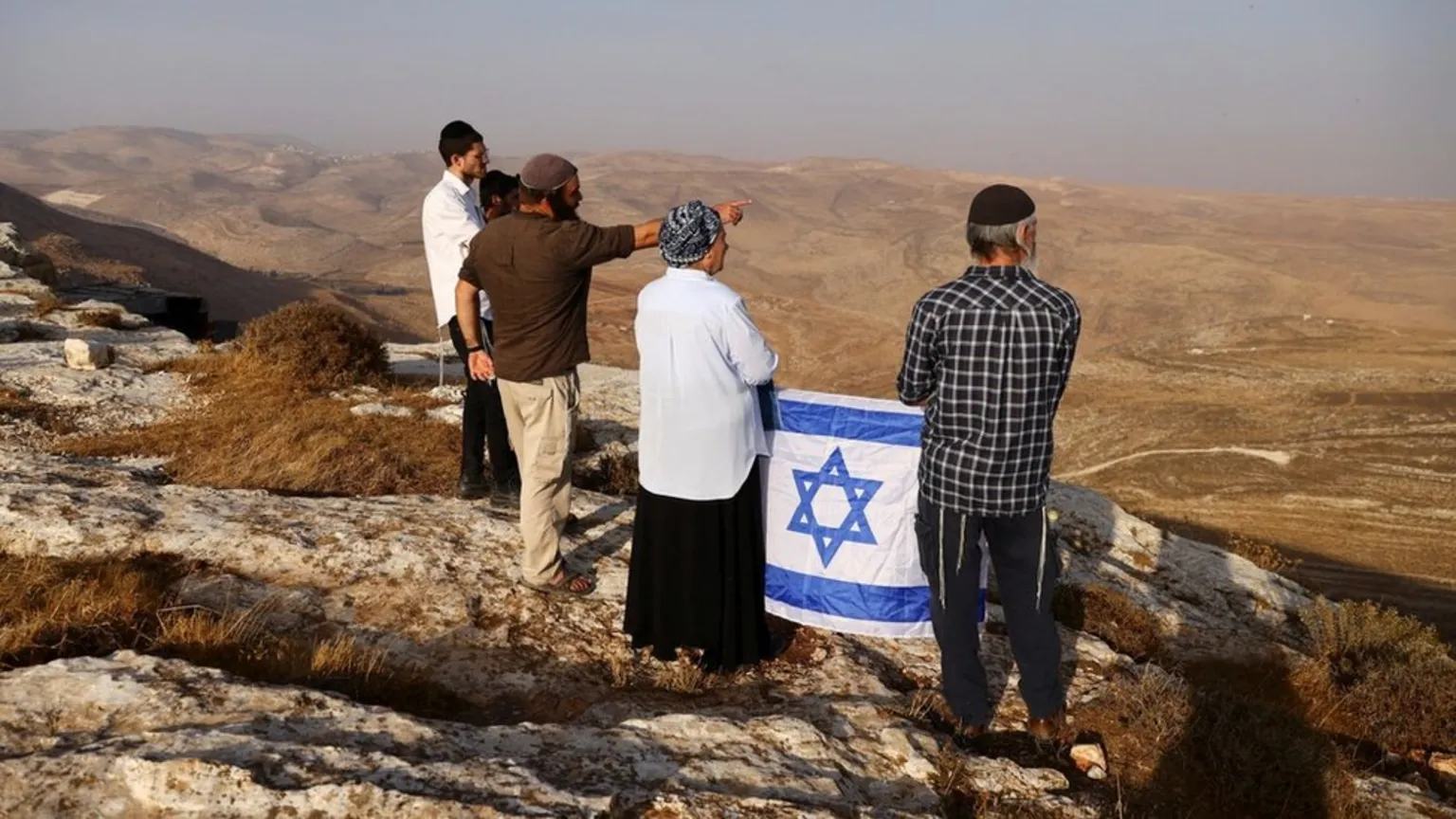Whose Land Is This Anyway?

The ancient promised land of Israel? The land of Palestine until 1948? Who is the rightful owner of this land?
Historical Claims and Their Futility
Ask any Palestinian or Israeli about the land, and you will inevitably be offered very passionate and nuanced evidence why one or the other has the true claim to it. But attempting to determine rightful ownership of the land based on historical claims is ultimately unproductive for several reasons.
Competing Narratives
Both Israelis and Palestinians have deeply rooted historical narratives that support their claims to the land. These narratives often conflict and are difficult to reconcile:
- The term "Israel" predates "Palestine" by over a millennium, with Jewish historical and religious ties to the land dating back to ancient times.
- Palestinians have inhabited the region for centuries, with a significant Arab presence since the 7th century CE.
Shifting Populations and Control
The region is often considered the birthplace of several faiths and civilizations, and it is no surprise that it has seen numerous changes in population and control over the millennia:
- Assyrian and Egyptian rule
- Ancient Israelite kingdoms
- Roman and Byzantine rule
- Islamic conquests and Crusader periods
- Ottoman Empire
- British Mandate
- Modern state of Israel and Palestinian territories
With all this change, it would be difficult to argue that one group can lay undisputed historical claim over the land.
Theological Arguments
These are the most common yet the most unproductive arguments. While religious texts hold deep spiritual significance for many, they cannot serve as the sole basis for territorial claims in the modern world. International law and the practical realities of diverse populations living in the region must take precedence over ancient religious narratives when addressing complex geopolitical issues such as land ownership and sovereignty.
The Perils of Fixating on Historical Land Claims
Many are willing to die or suffer great hardships to defend what they believe is their rightful claim to this contested land.

The unrelenting expansion of Israeli settlements in contested areas has been by far one of the biggest obstacles to peace talks in previous years. And more recently, the volatility of the situation in the West Bank has emboldened settlers to illegally acquire land by establishing outposts and unsanctioned settlements that are widely viewed as illegal under international law.
And this question is of utmost importance to many Israelis, especially when seen through the lens of historical connection and religious significance. This question is one of the core ideas that form the foundation of Zionism.

While it is undeniable that the land and its historical significance, as well as its connection to religious beliefs, are major themes in the long course of this complex conflict, there is danger in continuing to resort to these claims and arguments that, by nature, are not conducive to any compromise or resolution.
The Need to Focus on the Present and the Future
Instead of dwelling on historical and theological arguments, a more constructive approach would be to focus on:
Current Realities
- Acknowledging the existence of both Israeli and Palestinian populations in the region
- Recognizing the legitimate needs and aspirations of both peoples
Peaceful Coexistence
- Emphasizing the importance of finding solutions that allow both Israelis and Palestinians to live in peace and security
- Exploring frameworks for shared governance or a two-state solution
Human Rights and Dignity
- Prioritizing the protection of human rights and dignity for all people in the region, regardless of ethnicity or religion
Conclusion
While history provides important context, fixating on competing claims often leads to an impasse. A more productive approach is to focus on creating a just and peaceful future that respects the rights and needs of both Israelis and Palestinians. This requires moving beyond historical arguments and working towards pragmatic solutions that address current realities and future aspirations.
And those solutions are exactly what Pals for Peace is spreading awareness about, and if that resonates with you, we hope you can join us in this effort.
